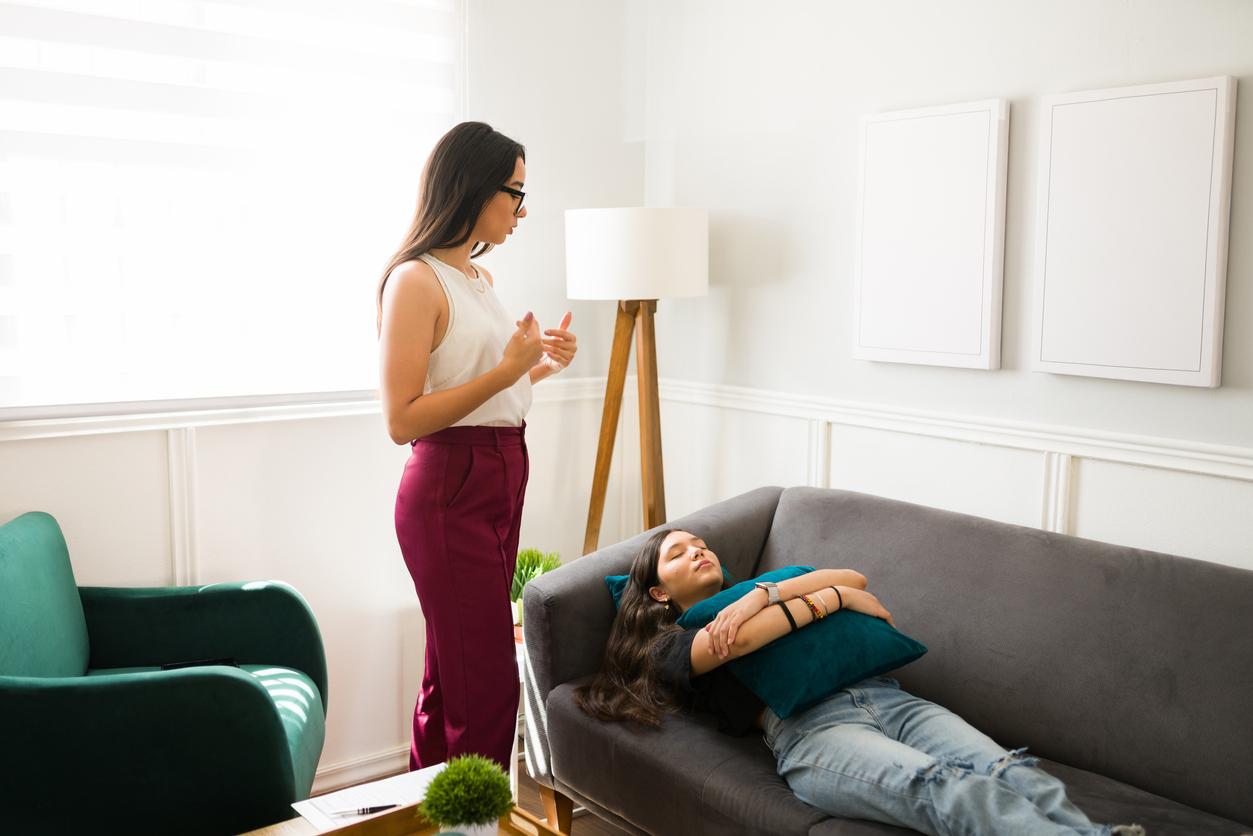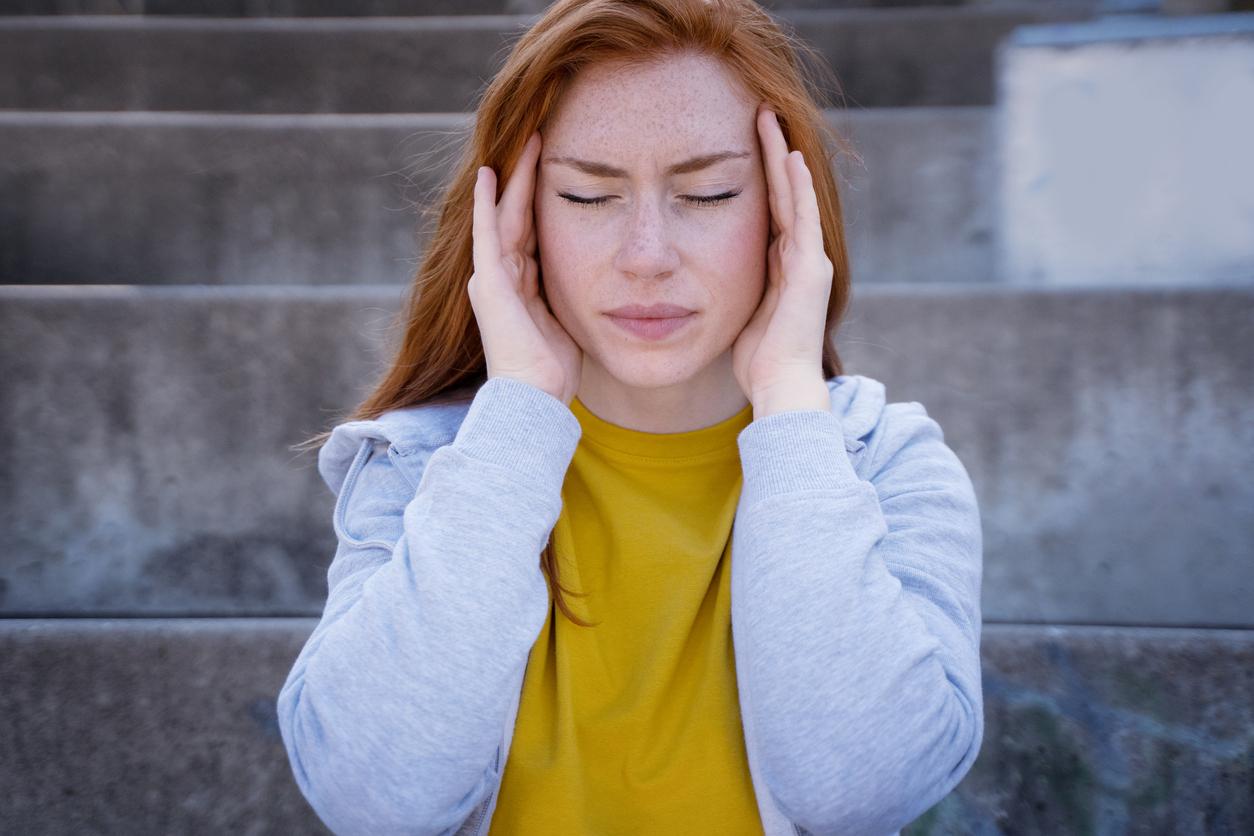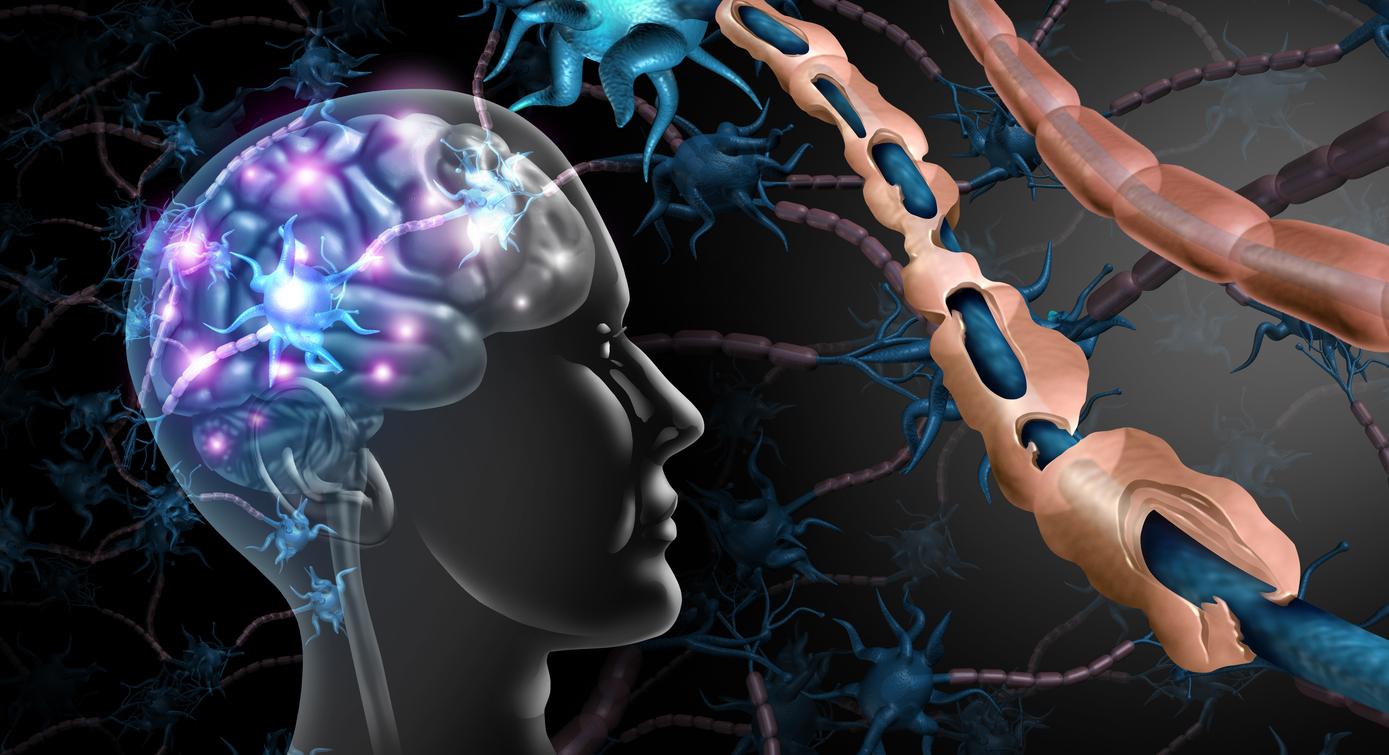August 5, 2002 – Before surgery and medication, mild behavior therapy should be considered the first line of treatment for urinary incontinence in older women. This is what emerges from a randomized clinical trial whose results were published in the monthly journal Obstetrics & Gynecology1
The trial involved 152 women aged 55 and over, living in residences and suffering from at least one period of urinary incontinence per week. Half participated in a weekly bladder rehabilitation training session for six weeks and followed an individualized urine evacuation program. The other half served as a control group and only kept a urine “diary” for the same period and then followed the same behavior therapy as the first group. Tests were carried out to compare the results of the two groups as well as the effectiveness of the therapy on all the women.
An average 40% reduction in weekly incontinence periods was seen for both groups after therapy; 31% saw their incontinence disappear completely and 52% saw a significant improvement (approximately 50% of the average number of episodes). The results were still valid six months later. The therapy has also been shown to be effective for the different types of incontinence shown: stress, urge or mixed incontinence.
Behavioral therapy has several advantages. It avoids the risk of surgical complications and side effects attributable to drugs; moreover, it is inexpensive and can easily be implemented by health care providers.
Élisabeth Mercader – PasseportSanté.net
From Medscape, July 2002.
1. Subak LL, Quesenberry CP, Posner SF, Cattolica E, Soghikian K. The effect of behavioral therapy on urinary incontinence: a randomized controlled trial. Obstet Gynecol 2002 Jul; 100 (1): 72-8

















